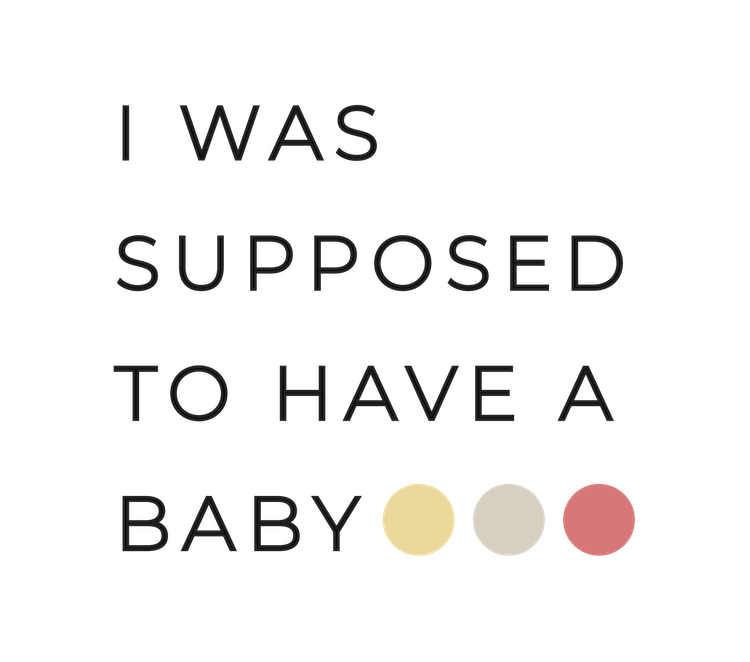Fasting on Tisha B’av with Dr. Rachel Rosenthal
As someone who has been open about her infertility and loss journey, Dr. Rachel Rosenthal (@rachelteachestorah) shares this piece with us about the nuances of Halacha, fasting, women’s bodies, pregnancy, infertility, breastfeeding, and everything in between. She writes about the emotional and essential complexities of “asking a Rav” if one should fast.
Dr. Rosenthal holds a PhD in Rabbinic Literature at the Jewish Theological Seminary , and is Gemara faculty and director of external affairs at Maharat.
“If you have experienced any form of infertility or pregnancy loss, then you know the feeling that if anything else goes wrong, you will find it hard to forgive yourself.”
Well, it is time for my (now annual) post about pregnancy and nursing and fasting on Tisha B’Av.
I've noticed that this fast causes people a lot of anxiety, somehow even more than Yom Kippur—I don't know if it's because it's so (freaking) hot, or if it's because there's less structure to the day, or if it's because some people (ie me) have trouble connecting with Tisha b’Av in general. So with my annual disclaimer that I am not a poseket, some thoughts. (Also a disclaimer that not all women have children, and that not all people who bear children are women.)
There are those who find being told not to fast (or not to try fasting) on fast days while pregnant or nursing to be disempowering. This post is not for you—it’s great you feel that way, and wishing you an easy and meaningful fast.
But for many of us (I’m not pregnant or postpartum right now, but I have been and hope to be again), especially those of us who feel that their pregnancies or milk supply might be precarious, the idea of fasting can be incredibly terrifying.
If you have experienced any form of infertility or pregnancy loss, if you have ever gone to the pediatrician and been told that your exclusively nursed baby is not gaining weight, then you know the feeling that if anything else goes wrong, you will find it hard to forgive yourself.
People often talk about the physical signs to look for when thinking about breaking a fast, but I think we need to take the mental toll more into account as well.
One of the challenges of the halakhic system as it governs women's bodies that is that the vast majority of it is written by people who have never been in women's bodies. (That is starting to change, thankfully—shout out to my once and future students!) Those treatises are comprehensive, and obviously by the lifestyle I live, I think they are deeply important.
But by diving into the technical minutiae of an experience that is often incredibly emotionally fraught, they often miss the tremendous risk of both long term and short term psychic harm that can be done when someone is told to ignore their own instincts to defer to someone who knows nothing about their experiences.
Ultimately, the answer “ask a Rav” is not always reassuring, even if someone is granted a leniency they did not expect, because the Rav often has no idea of the deeply embodied nature of pregnancy, birth, and nursing.
I might have been physically fine if I had fasted while pregnant. I have always fasted well and even though the pregnancy felt precarious to me, it was actually a fairly straightforward, uneventful pregnancy, once the IVF was over. But I worried every minute of every day that I would lose another baby, and I know that if I had fasted, that worry would have been magnified a hundred fold, and if God forbid something had gone wrong, I would have blamed myself.
I got a psak to eat and drink as normal from the outset—for both 9 Av and Yom Kippur—but I wish I hadn’t felt like I needed it.
I wish halakha had told me to pasken for myself.
P’sak halakha is not based on vibes, nor should it be. BUT. For the large majority of people (people with diagnoses like OCD aside), p’sak in the areas of kashrut or Shabbat should not be treated the same as p’sak in the areas of pregnancy or niddah or nursing. And yet, we often talk about them, and their various stringencies and leniencies, in the same way.
And so every year, there are increasingly frantic posts from women who are pregnant and nursing who are terrified to fast, and yet feel like they have no other choice but to at least try.
Being told “fasting is more important than going to shul” is neither meaningful nor helpful to someone who would strive to connect with Eicha and Kinnot, but instead will be bedridden praying that they don’t hurt the baby they are trying to help thrive.
Perhaps as we confront the brokenness represented by Tisha B’Av, and the ways in which we might try to make a tikkun, thinking about these questions differently might be on the list of things we can repair.
(Also, I know much of this is true for people with chronic illness as well, but I know less about that and so I cannot speak from experience with the same authority. And also also, I’ve learned a lot about fasting and fertility treatments, so if you have questions about that, still not a poseket, but happy to share what I have learned.)







